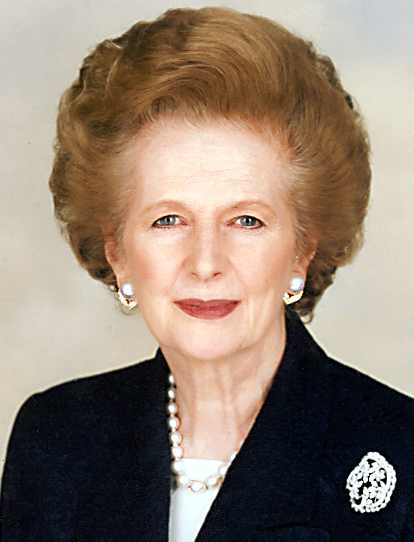Few deaths have proved quite so divisive as that of Margaret Thatcher, on the one hand lauded as a hugely successful female role-model* and a Conservative Prime Minister who led Britain confidently on the world stage, and on the other vilified for trampling over the Unions and systematically dismantling the welfare state. As these two sides clashed via social media, a third wave emerged ostensibly to remind people that it is never right to celebrate the death of another human being.
This is true, of course. But it also misses the point entirely and, indeed, a point many of her supporters do not seem to realise about their own comments. Few of Thatcher’s detractors are actually launching an attack on her personally, however their comments are phrased; what they revile is Thatcher the icon, the Conservative ideal. Some will have personal experience of severe family turmoil caused by policies she enacted, but she is largely a figurehead for that understandably emotional response. Similarly, her proponents are rarely showing admiration on a truly personal level. Rather, they are demonstrating support for the ideas she championed, what she represented to them.
Quite aside from celebrating anyone’s demise, the notion that one should not speak ill of the dead is archaic nonsense. When a friend or family member dies, I hate hearing their life whitewashed in eulogies. They are talking about someone I barely recognise. The best, most touching eulogies are those which accept the deceased as unique and flawed. At my Uncle Rajan’s funeral early this year, I loved that the speakers described his passion and the strength of his friendship but also touched upon his flaws. There was no need to dwell on them, of course, but it meant that the church filled with family and friends could smile wistfully and remember the man we knew, not some sterilised Hallmark interpretation of him.
Famous deaths inevitably lead to a dichotomy correlating to proximity. For close family and friends, such deaths are just like any other: deeply personal. But for the rest of us, we have only our artificial “relationship” with the deceased, wholly impersonal and based upon our perception of who they were and what they stood for. Choosing what someone means to us inevitably leads to extremes. It seems impossible to find a “middle ground” Thatcher; those articles which have attempted it tend to list off both extremes rather than achieving any true equilibrium.
I have no idea how Thatcher truly wished to be remembered. All I know is this: when I am dead, I would much rather have people vocally disagree over the choices I made and how I lived than to be praised for being someone I never was.
* I avoid the word “feminist” here since I find myself agreeing with Russell Brand’s assessment that “she is an icon of individualism, not of feminism.”

11 April 2013 at 10:15 am
:d
This guy sums it up pretty well:
http://www.craigmurray.org.uk/archives/2013/04/margaret-thatcher/
Or, as I put it to someone that asked me the other day:
90% evil politician, 10% old lady
11 April 2013 at 12:33 pm
Yikes. Interesting piece.